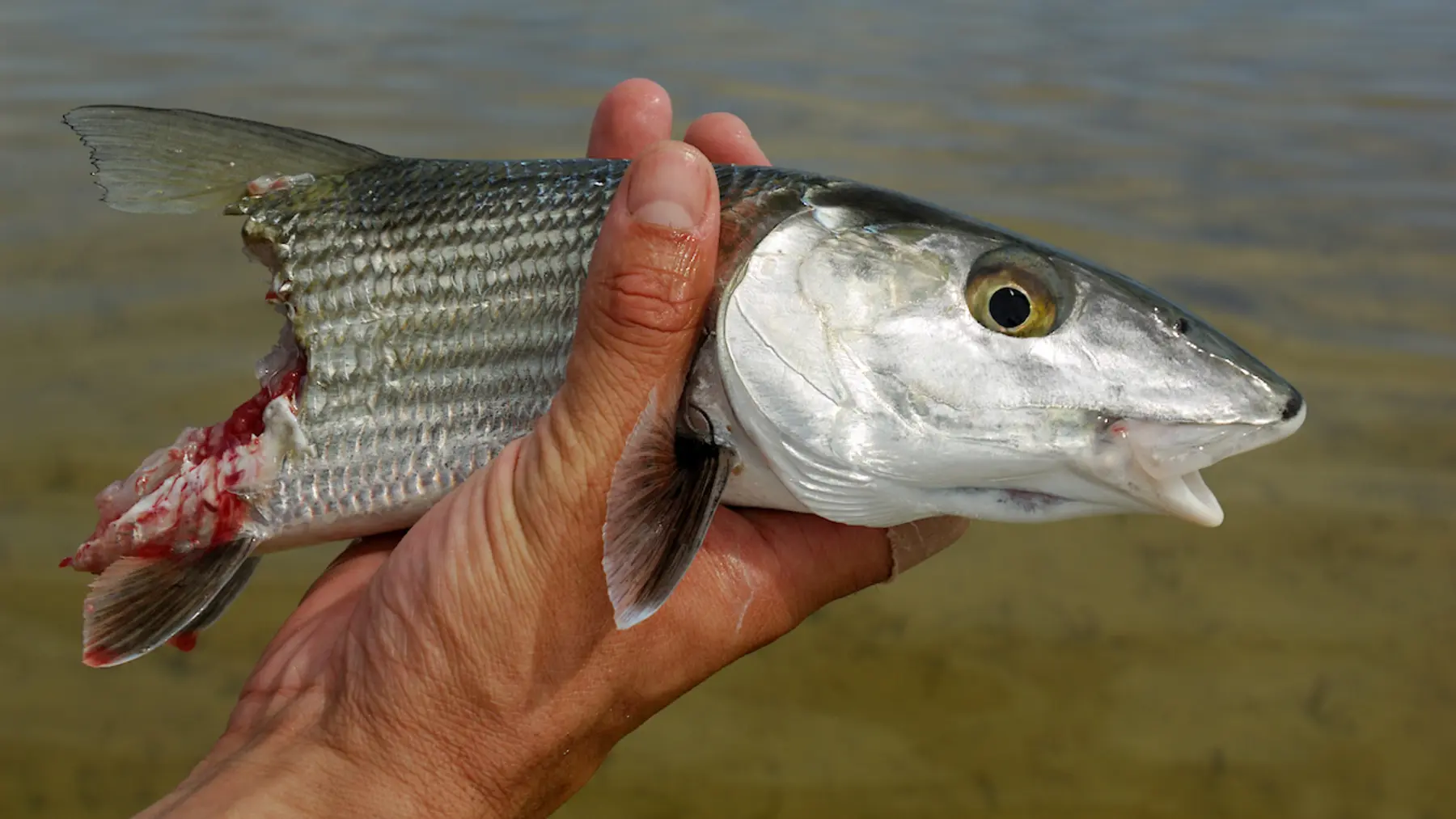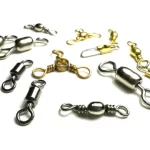Every angler has faced the frustration of losing a hard-earned catch to a lurking predator. Whether it’s sharks in the ocean or pike in freshwater, these “taxmen” are always on the lookout for an easy meal. Here are some strategies to help you keep your catch and avoid becoming a victim of these opportunistic feeders.
1. Reel Fast and Keep Moving
Predatory fish are instinctively drawn to struggling prey. When you hook a fish, it often sends vibrations through the water, signaling distress. This is a beacon for predators like sharks, barracudas, or muskies. To minimize the risk, reel in your catch as quickly as possible. The less time your fish spends in the water, the fewer chances a predator has to snatch it. In areas known for aggressive predators, consider upgrading your tackle to reduce retrieval time.
2. Employ Strategic Retreats
Sometimes, a predator is simply too close, and fighting it is futile. In these situations, it’s best to cut your losses—literally. If you notice your catch is being pursued by a larger fish, try opening your reel’s bail or even cutting the line. This allows the fish to swim freely and increases its chances of escaping the predator. While this might seem counterintuitive, it’s often better than losing both your catch and your tackle to a hungry shark or barracuda.
3. Know When to Relocate
Predators like sharks have learned to associate the sound of a boat engine with food. If you find yourself repeatedly losing catches to these predators, it might be time to move on. Staying in one spot too long can turn a productive fishing area into a feeding frenzy. While it’s tempting to stay put, especially if you’ve found a good spot, relocating could be the best move for both your sanity and your catch rate.

4. Use Technology to Your Advantage
Modern technology offers some innovative solutions to the predator problem. Devices like Sharkbanz create an electromagnetic field around your hooked fish, deterring sharks by overwhelming their sensory systems. This technology has shown promise in reducing unwanted shark interactions. Additionally, using your boat’s sonar can help you monitor the area for large predators, giving you the chance to avoid them before they strike.
5. Avoid Feeding the Wildlife
It’s important to remember that many of these predators are vital to the ecosystem. Over the years, conservation efforts have helped rebound populations of sharks, barracudas, and other fish-eaters. While it can be frustrating to lose a catch, it’s crucial to coexist with these animals. Instead of seeing them as adversaries, consider targeting them directly—fishing for sharks or pike can be just as thrilling as any other type of angling.
6. Respecting the Natural Balance
Ernest Hemingway might have dealt with sharks using a Tommy Gun, but today’s anglers need to find more sustainable methods. Respecting the natural order and understanding the role predators play in maintaining healthy fish populations is essential. While it may not be as satisfying as exacting revenge on a fish thief, conserving these predators ensures that future generations can enjoy the thrill of the chase.
By employing these techniques, you can increase your chances of keeping your catch while also contributing to the preservation of our aquatic ecosystems. Next time you feel the telltale tug of a predator on your line, you’ll be prepared to outsmart them and reel in your prize.
Image/Source: MeatEater





